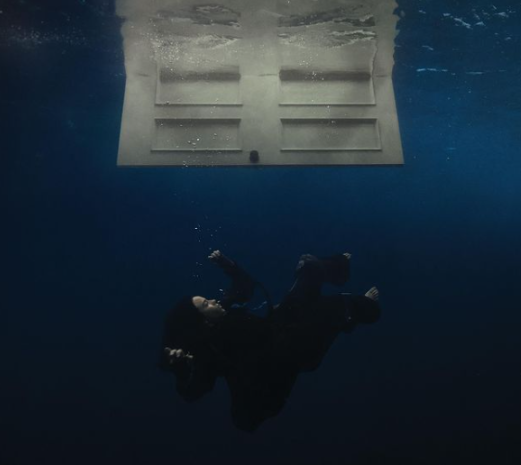After four years of study, The Maryland State Board of Education (BOE) approved new discipline regulations Jan. 28, detailing the requirements for suspensions and expulsions, requiring educational services to be provided to suspended students and decreasing the impact of suspensions on minority and disabled students.
Maryland implemented these new regulations due to concerns over the impact of loss of class time on suspended students, the effect of suspensions on specific subgroups and the length and number of suspensions—42,000 within the last year. Local school boards must update their student discipline policies based on the state’s new regulations by the start of the 2014-2015 school year.
“The overall hope is that these new regulations will help improve school climates, build relationships between school staff and students and keep more students in school,” MCPS communications specialist Gboyinde Onijala said.
According to the BOE press release, the regulations require local school systems to adopt policies that reduce long-term out-of-school suspensions and expulsions, which are only to be used when a student poses an imminent threat of serious harm to others or is engaged in chronic or extreme disruptive behavior.
Local school systems’ new policies must provide for discretion in discipline as opposed to zero tolerance policies, explain how long-term suspensions are a last resort and describe how they will meet the educational needs of suspended students—all for the purpose of keeping students in school so that they can graduate high school ready for college and a career.
“School administrators will be able to use their discretion when it comes to deciding appropriate disciplinary action for students involved in major offenses,” Onijala said. “Administrators can look at the totality of the circumstances when making those decisions.”
These new regulations also address the conduct for which suspension and expulsion are appropriate in order to limit students’ time out of school. With expulsions (more than 45 days out of school) and extended suspensions (11 to 45 days out of school)—both of which are based on the discretion of the superintendent or a delegated representative—the superintendent or representative must show that other disciplinary measures have been exhausted and limit the exclusion to the shortest period of time.
“It’s a good thing,” Principal Joan Benz said. “We want students to learn if they do something wrong. We want to guide them to make better choices, and we can do this best in school.”
In order to ensure that schools are meeting the education standards for suspended students, schools must provide a staff liaison between teachers and parents or students with weekly communication. For out-of-school suspensions, students will receive daily classwork and assignments from each teacher, and for short-term suspensions, students must have the opportunity to complete all missed work without penalty.
“The data is clear,” said Bill Reinhard, the media relations director for the Maryland State Department of Education. “Students who are out of school for extended periods of time, including long-term suspensions and expulsions, are in danger of never completing their diploma.”
According to a Jan. 28 Washington Post article, an analysis of Maryland state data at the Center for Civil Rights remedies at UCLA has revealed that Maryland’s suspension rate is about 8.7 percent for African Americans students, but it is only about 3 percent for white and Hispanic students.
According to the BOE press release, the regulations seek to eliminate the disproportionate impact of school discipline on students of color and students of disabilities.
The new rules call for the BOE to develop a method to determine whether the discipline of local schools is having a disproportionate impact on minority and special education students. If it determines that a school’s policies do have a negative effect, the school is required to create a plan to eliminate the impact within three years.
Students who have been involved in the discipline system at CHS feel that it could be improved and that the new regulations will benefit students academically.
According to junior Michael, who has asked that his name be changed and who has been suspended for fighting and possession of drugs, both the in-school and out-of-school suspensions were difficult academically because he missed instruction and did not have easy access to teachers.
“I think it is good that Maryland is trying to decrease out-of-school suspensions,” Michael said. “Suspensions can negatively affect students academically and for some kids it isn’t much of a punishment to miss school.”
According to Reinhard, the number of out-of-school suspensions has already decreased because of the attention the BOE has paid to this issue.
“We expect this trend to continue,” Reinhard said. “More students will graduate and have the opportunity for a successful future.”







